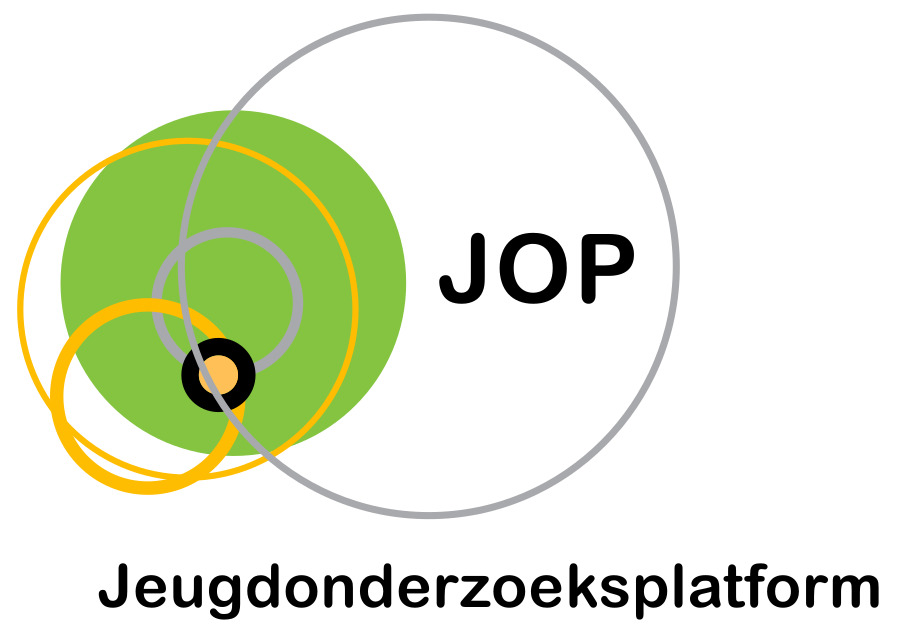Fitting in: How the intergroup context shapes minority acculturation and achievement.
Auteurs
Phalet, K., & Baysu, G. (2020).

Abstract
Kinderen van immigranten lopen het risico om ondermaats te presteren op school, wat langdurige gevolgen heeft voor hun toekomstige levenskansen. Ons onderzoek tracht de prestatiekloof te contextualiseren door minderheidsacculturatie-ervaringen in dagelijks intergroep contact over verschillende contexten te bestuderen. Acculturatie onderzoekers vinden vaak een adaptief voordeel voor minderheidsjongeren met een integratie-oriëntatie (een combinatie van beide culturen). Bevindingen uit Europa zijn echter niet doorslaggevend. Door verder te kijken dan individuele verschillen in acculturatie-oriëntaties, verschuift deze review de focus naar de intergroep context van minderheidsacculturatie en prestaties. We bespreken longitudinale, multi-group, multi-level en experimentele resultaten van de voor- en nadelen van integratie voor inclusie en succes van minderheden in Europese samenlevingen. Onze studies tonen aan dat zowel (1) intergroepscontactervaringen als (2) intergroepsideologieën de prestatie beïnvloeden – hetzij rechtstreeks, hetzij door het samenspel van (3) acculturatienormen, gedefinieerd als gedeelde opvattingen over acculturatie in sociale groepen, met individuele acculturatie-oriëntaties. De bevindingen tonen hoe scholen hiaten in de prestaties kunnen verkleinen door intergroepsrelaties te verbeteren.
Children of immigrants are at risk of underachieving in school with long-lasting consequences for future life-chances. Our research contextualizes the achievement gap by examining minority acculturation experiences in daily intergroup contact across different intergroup contexts. Acculturation researchers often find an adaptive advantage for minority youth with an integrationorientation (combining both cultures). But findings from Europe are inconclusive. Looking beyond individual differences in acculturation-orientations, this review shifts focus to the intergroup context of minority acculturation and achievement. We discuss longitudinal, multi-group, multi-level and experimental evidence of the up- and downsides of integration for minority inclusion and success in European societies. Our studies show that both (1) intergroup contact experiences and (2) intergroup ideologies affect achievement—either directly or through the interplay of (3) acculturation-norms, defined as shared views on acculturation in social groups, with individual acculturation-orientations. The findings suggest how schools can reduce achievement gaps through improving intergroup relations.
Referentie
Phalet, K., & Baysu, G. (2020). Fitting in: How the intergroup context shapes minority acculturation and achievement. European Review of Social Psychology, 31(1), 1–39.
Taal
Engels
Publicatievorm
Tijdschriftartikel
ISBN – DOI
10.1080/10463283.2020.1711627
Trefwoord(en)
Acculturatie, integratie, intergroeprelaties, prestatie, diversiteit
